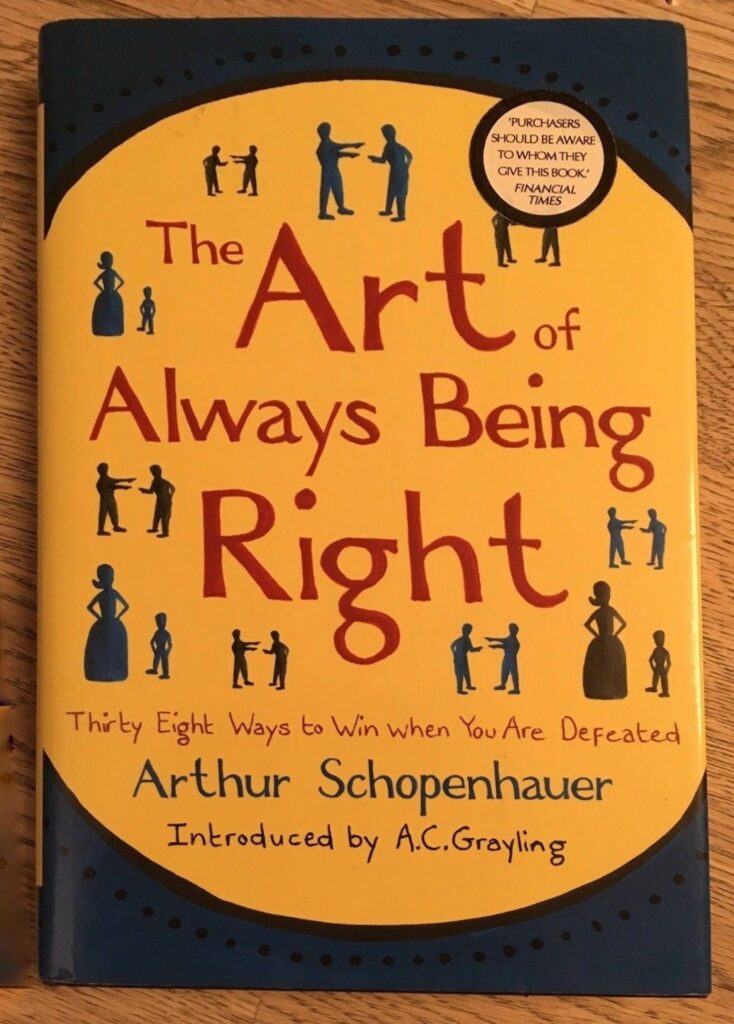Organised religion is a pernicious anachronism that should be abolished, according to Christopher Hitchens. His book is subtitled “How religion poisons everything” in case there was any doubt about his position. Organised religions are pretty much indefensible anyway, but his arguments are still worth reading — I learned a few interesting bits of history. And it’s bracing to see so many dogmas held up in such a cold and unflattering light.
God is not Great takes iconoclasm to new heights. Hitchens heaps scorn on the usual zealots, from Osama bin Laden to various Popes (including the current one). But his targets cover the full spectrum of celebrity, from the sublime (Mother Theresa, M. K. Gandhi, the Dalai Lama) to the ridiculous (Mel Gibson is memorably described as an “Australian fascist and ham actor”). The only famous exception is Martin Luther King, Jr, who manages to come out looking like a decent (if flawed) human being.
I enjoyed reading God is not Great, but I think it does miss the point a bit. In the conflict between Reason and Faith, Reason wins easily; but that’s because Faith isn’t playing the game. Some say that if people believe religious dogmas even in the face of overwhelming evidence to the contrary, then this simply confirms how marvellously strong their faith is. You just can’t use logic against this kind of position, but that what Hitchens tries to do. This approach only seems to work here because he is preaching to the converted. Or perhaps I should say unconverted.
Continue reading →

Are we truly in control of our own actions, or are they are really determined by our genes and environment? Are our brains really just machines operating according to the laws of physics? Is our free will nothing more than an illusion? And if it is, how can we be morally responsible for anything?
